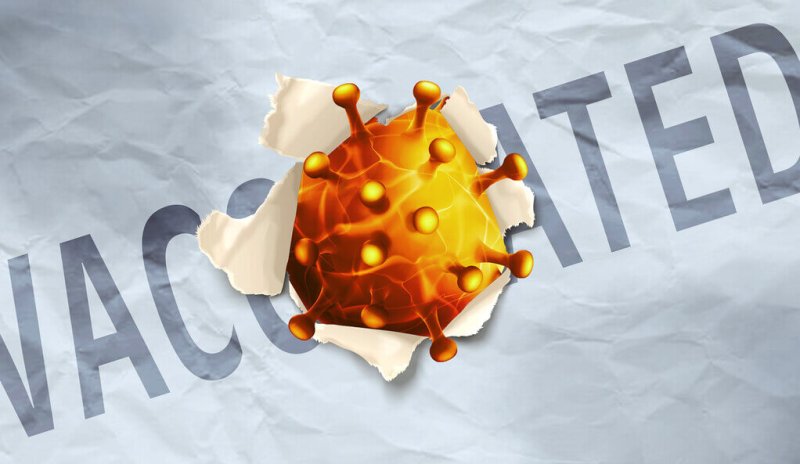The first thing to know about the COVID-19 vaccines is that they’re doing exactly what they were designed and authorized to do. Since the shots first started their rollout late last year, rates of COVID-19 disease have taken an unprecedented plunge among the immunized. We are, as a nation, awash in a glut of spectacularly effective vaccines that can, across populations, geographies, and even SARS-CoV-2 variants, stamp out the most serious symptoms of disease.
The second thing to know about the COVID-19 vaccines is that they’re flame retardants, not impenetrable firewalls, when it comes to the coronavirus. Some vaccinated people are still getting infected, and a small subset of these individuals is still getting sick—and this is completely expected.
No vaccines are 100 percent effective at preventing infection or disease. But our current crop of COVID-19 shots comes pretty damn close with regards to stymieing symptoms, especially the severe ones that can signal a deadly case…. Symptomatic breakthroughs are the cases that wedge themselves in the gap between excellent effectiveness and perfect effectiveness; in other words, we saw them coming.































